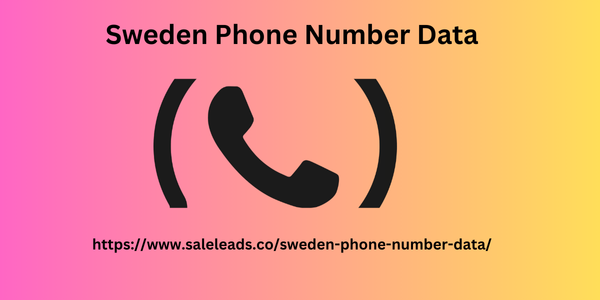|
|
International calls are controlled by different laws on telecommunication, EU regulations, and specific instructions provided by the Swedish Post and Telecom Authority, PTS. In particular, the regulatory environment looks to assure appropriate pricing, quality of service, and consumer protection in the international calls made by a Swedish citizen.
1. Telecommunication Act
The basic framework for the regulation of international calls in Sweden is the Telecommunications Act, which regulates the overall telecom landscape. This Act requires that operators offer transparent pricing and quality standards for both domestic and international services. It also requires operators to inform consumers about their tariffs so that customers are aware of how much it will cost them to make an international call.
2. EU Regulations
Being a part of the European Union, Sweden follows several EU directives, which have their effect on international calling practices. The most notable is that the EU's Roaming Regulation seeks to avoid excessive roaming Sweden Phone Number Data charges within the member states of the EU. According to this regulation, Swedish consumers can use their mobile phones in other countries of the EU while paying the same rates as in their home country, thus regulating the cost of international calls made within the EU.
3. Consumer Protection
The PTS plays a major role in consumer protection with regard to international calls. It oversees the operation of telecom operators to ensure they stay within the confines of the law and probes into consumer complaints. The authority educates and informs consumers about their rights and options when making international calls, such as how to avoid high charges with certain operators.

4. Quality of Service Standards
The PTS also sets standards for the operators to ensure that the quality of international calls is maintained. These standards can include such things as the clarity of the call, the speed of connection, and the reliability of the service. If operators wish to keep their licenses and continue to operate, they must adhere to these standards, and consumers must be satisfied when making international calls.
5. Promoting Competition
The regulatory environment in Sweden encourages competition amongst the different service providers of telecom services, thereby possibly leading to better pricing and services being offered to consumers. Multi-operator access allows consumers more options for international calling plans, which may include bundled services or specific destinations at reduced rates.
Conclusion
In sum, Sweden controls the pricing of international calls within a regulatory framework involving laws on telecommunications, EU legislation, and supervision by the PTS. This framework ensures fair pricing, high-quality service, and consumer protection, hence allowing Swedish citizens to make informed choices when connecting with others around the world.
|
|